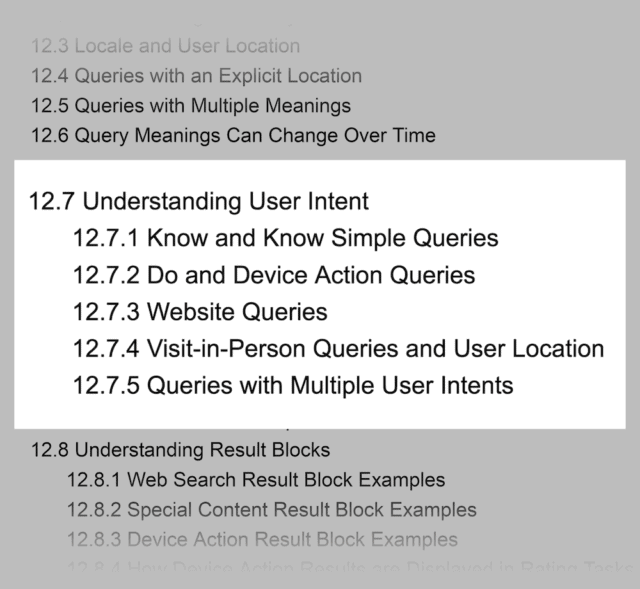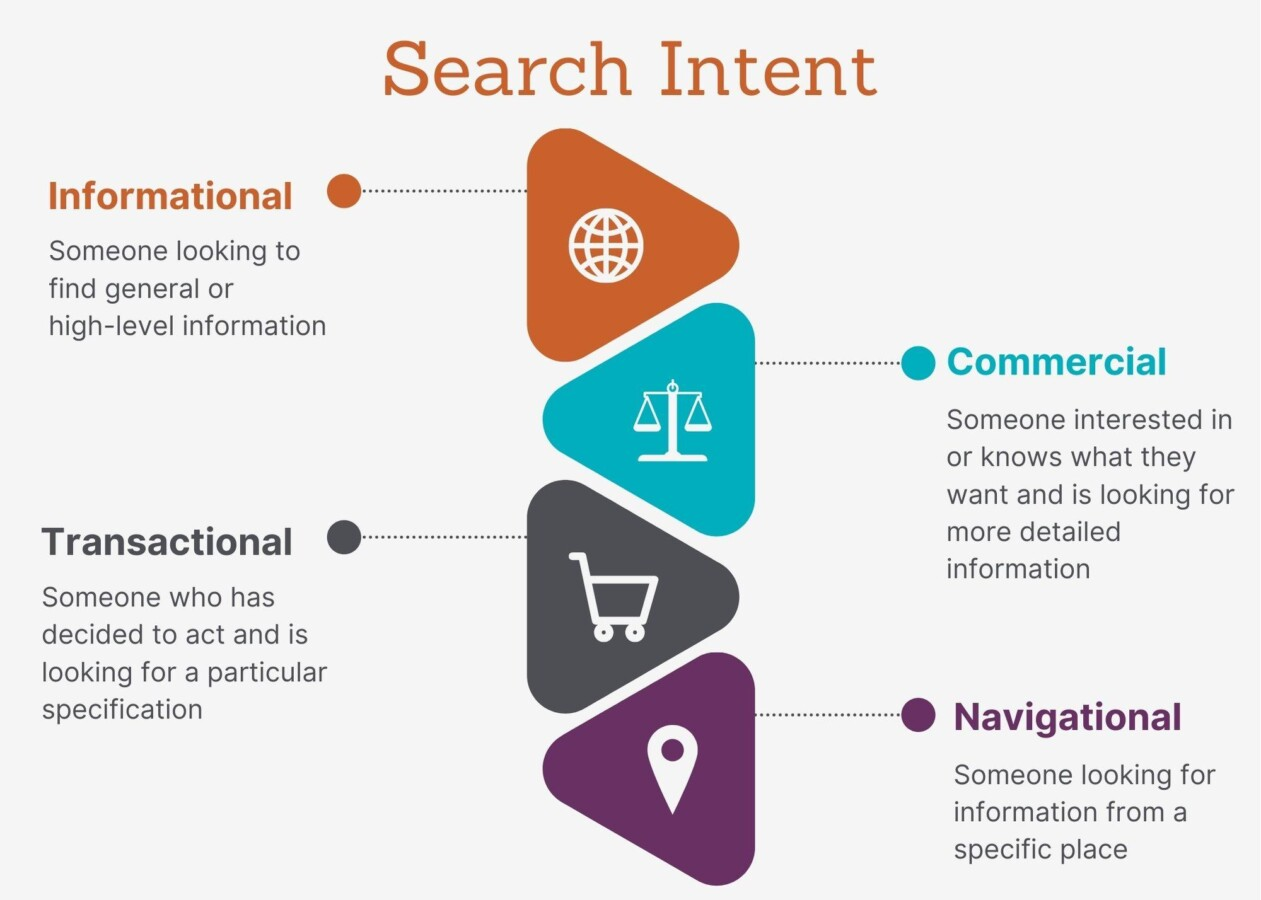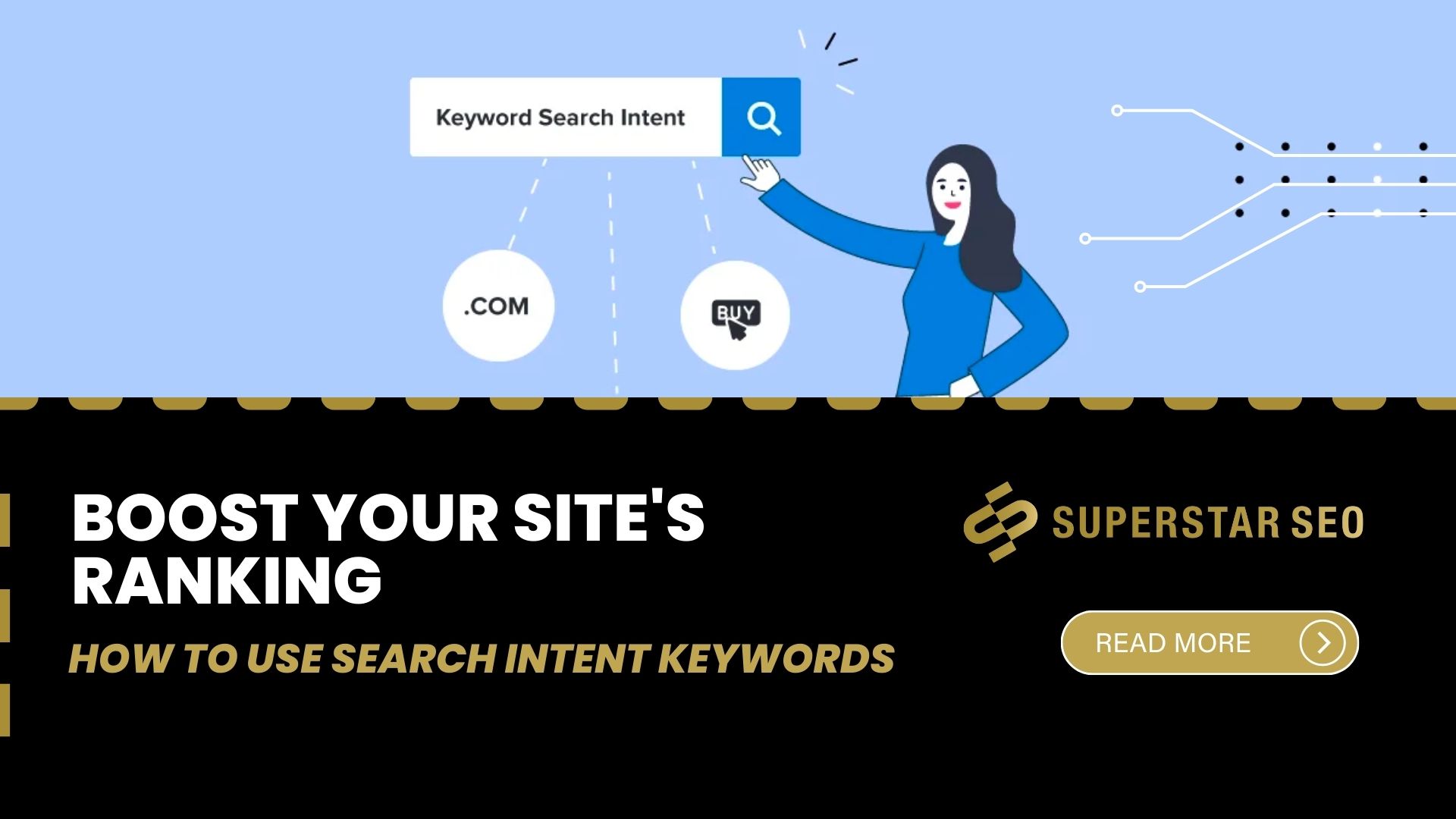How to Use Search Intent Keywords to Boost Your Site's Ranking
Search intent keywords are phrases that indicate what exactly the searcher is looking for when they search Google, Bing, or Yahoo.
For example, let's say you sell dog beds online and have created an informational website all about them.
If someone searches Google for dog beds, that doesn't mean that person has any intention of buying one—he may just be looking to read about the subject, or perhaps he knows he wants to buy one but hasn't decided yet what brand to purchase or where to buy it from.
He may even have no intention of ever buying one at all!
When you're trying to boost your site's ranking in search engines, one of the most effective ways to do so is through keyword research.
Search intent keywords are some of the most powerful on the web because they can trigger conversions, which not only help your business grow but also boost your rank in search engines and increase your website traffic.
In fact, Google's recent “Quality Rater Guidelines” is all about Search Intent.

The keys to finding these keywords are understanding what people want and how to word it to grab their attention and interest.
Different Types of Search Intent
There are four primary types regarding search intent:
- informational,
- navigational,
- commercial
- and transactional.
Informational searches usually ask a question or look for data that might not be readily available or need an expert opinion.
The navigational searches cover web browsing and finding links and pages on your site.
Commercial searches mean that the user is trying to learn more before making a purchase or signing up for a newsletter etc.
Lastly, transactional searches represent when a customer wants to do something and need information such as product details, contact information, etc., in order to complete their intended action.
Search Intent Is Obvious If You Know Where to Look
This means that sometimes, you can understand the searcher's intent by how they type in the search.
So, if someone is searching for “how to _____,” they are looking for an answer which means they have ‘informational intent.'
Usually, modifiers such as “what, how, why, guide, tutorial, who” suggest informational intent.
When mentioning a brand name, or a specific name of a product or service, the searcher has navigational intent.
The key to understanding this type of intent is that users already know what they're trying to find.
So if you're targeting a keyword like this, don't focus on selling.

When searching with “top, best, comparison, vs, review,” etc., in this case, the audience is doing their research before making a purchase decision.
Thus, commercial keywords are all about showing your audience what you have to offer so that they convert to buyers.
Modifiers such as “buy, coupon, trial, order, cheap, price, store address, store email,” etc. show that the searcher is looking to purchase something.
This takes us to the transactional intent.
Why Does Search Intent Matter to SEO?
1. Reduced Bounce Rates
Search intent keywords are keywords that the user is already expecting to find on your site, and once they find them, they're more likely to stay longer.
Search intent optimization means tailoring your content, web design, and advertising strategies, so you appeal to the customer before they reach a point where they're ready to make a purchase.
So when people get what they want, they stay on your pages.
This leads to reduced bounce rates.
2. More Views on Your Website
Search intent keywords are more important than ever because they let your site know what searchers are looking for.
Optimizing your content and site structure with the appropriate search intent keywords can help increase the likelihood that you will rank well in search engines, which means more page views.
After all, meeting a user's intent makes them more likely to engage with the rest of your website, which means they will stay longer.
The more the search engines and people like your website, the higher the rank, and the more people will be attracted to your site.
3. Featured Snippets
Search intent is one of the most important factors in determining whether or not your website will appear in Google's search results.
Search engines use it as a guide when ranking websites and determining which pages are worth showing to users in their SERPs.
If you have a lot of high-quality content on your site, then it's more likely that Google will use that content when deciding what to show people searching for your terms through featured snippets.
Conclusion
Ultimately, a great website provides users with the information they need when they need it.
Search intent is perhaps the most important “ranking factor” in 2022.
Failure to give searchers what they want makes your chances of ranking slim to none.
And don't even think of “tricking” Google.
Even if you manage to do so for a short while, they'll figure things out eventually if you have an ill-fitting page.
If you want to rank long-term, give searchers what they want, and Google will almost certainly reward you for doing so.





